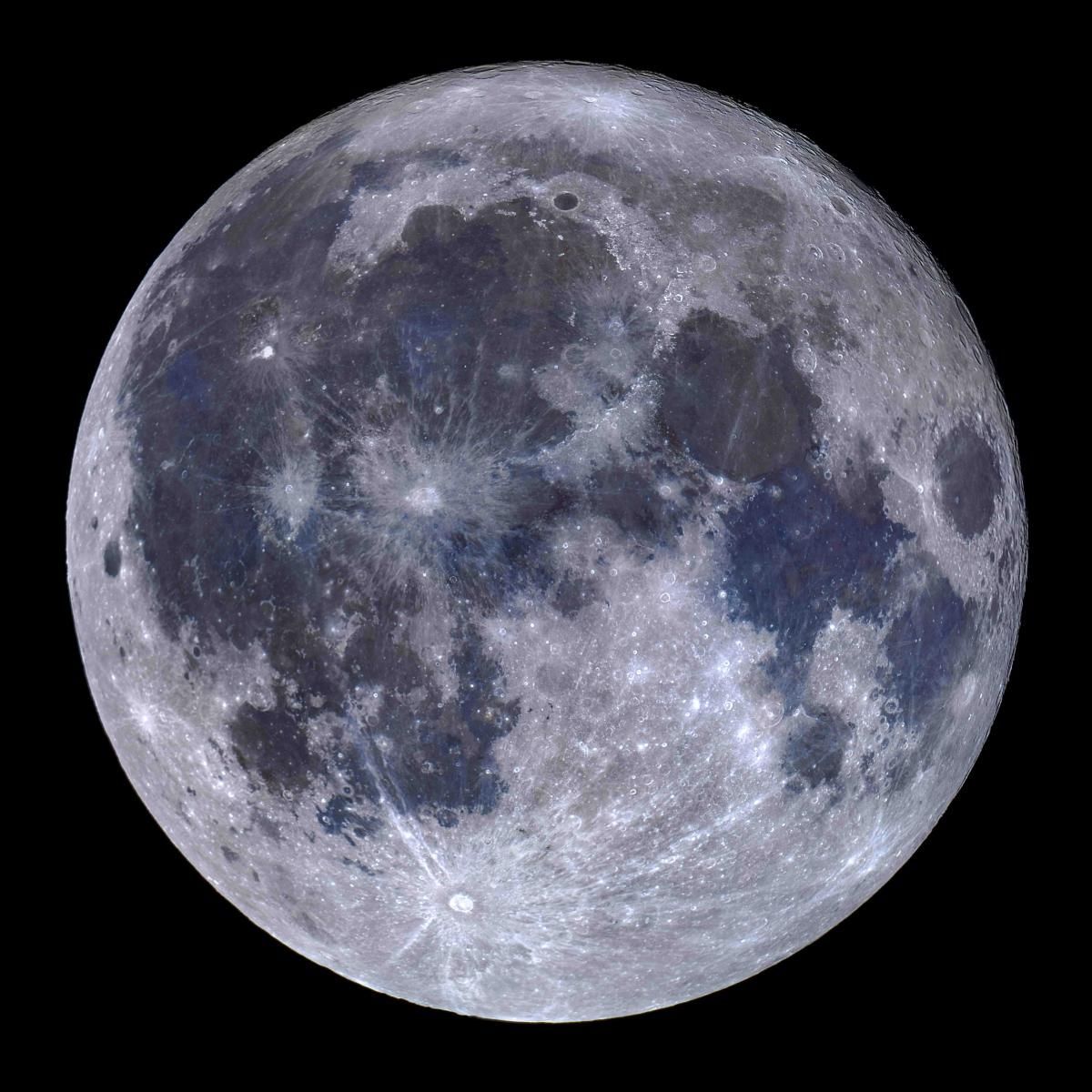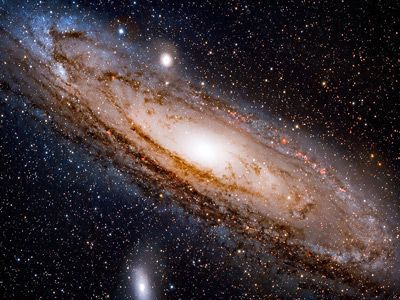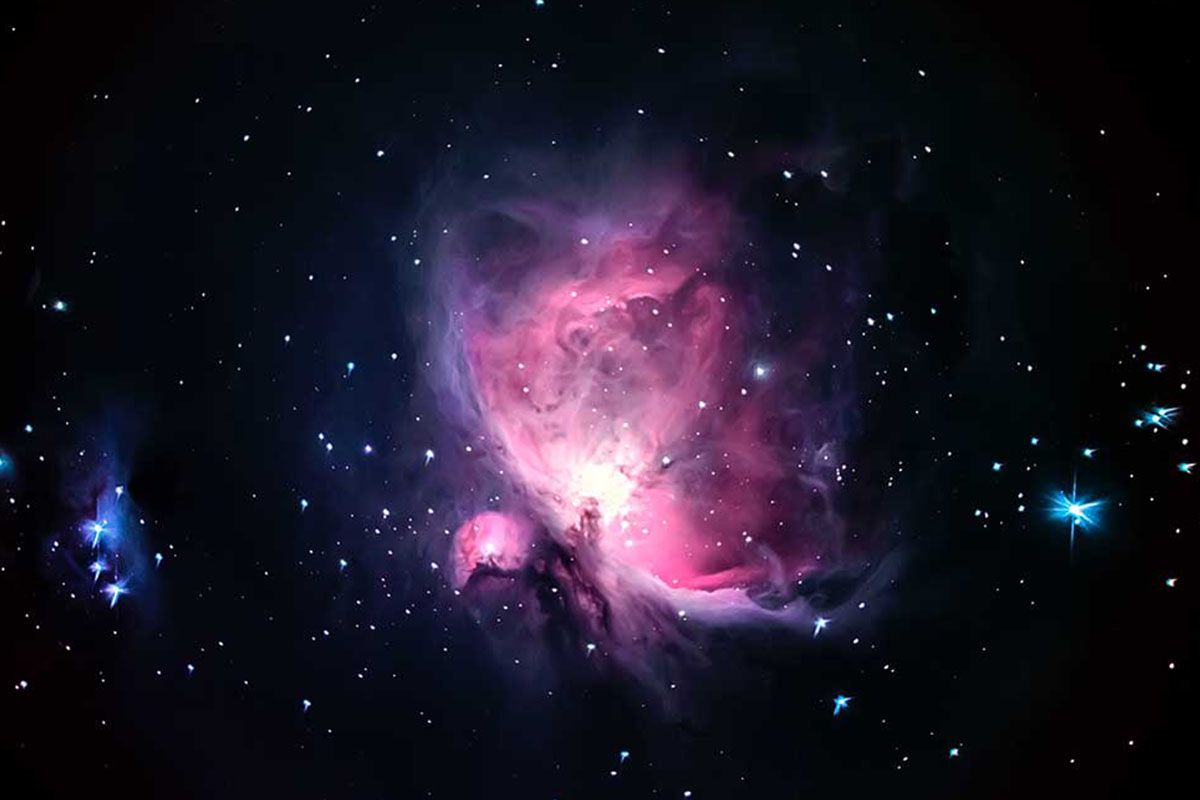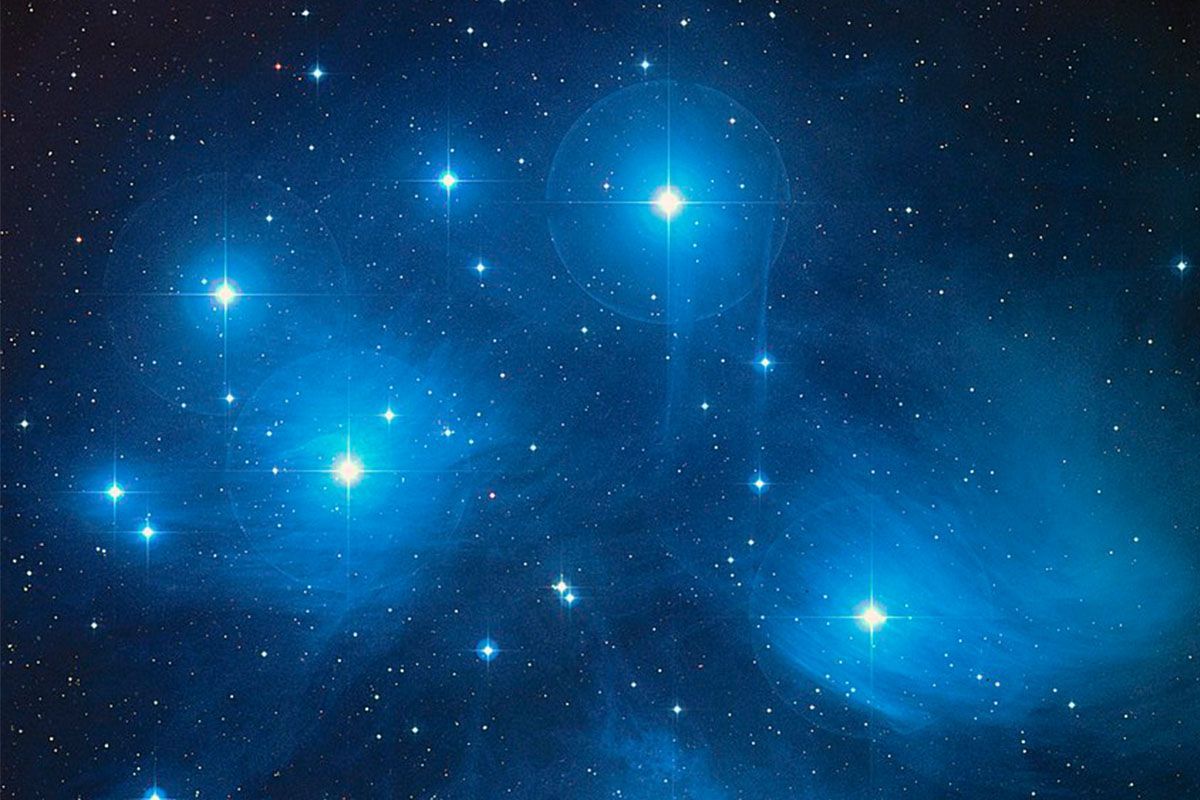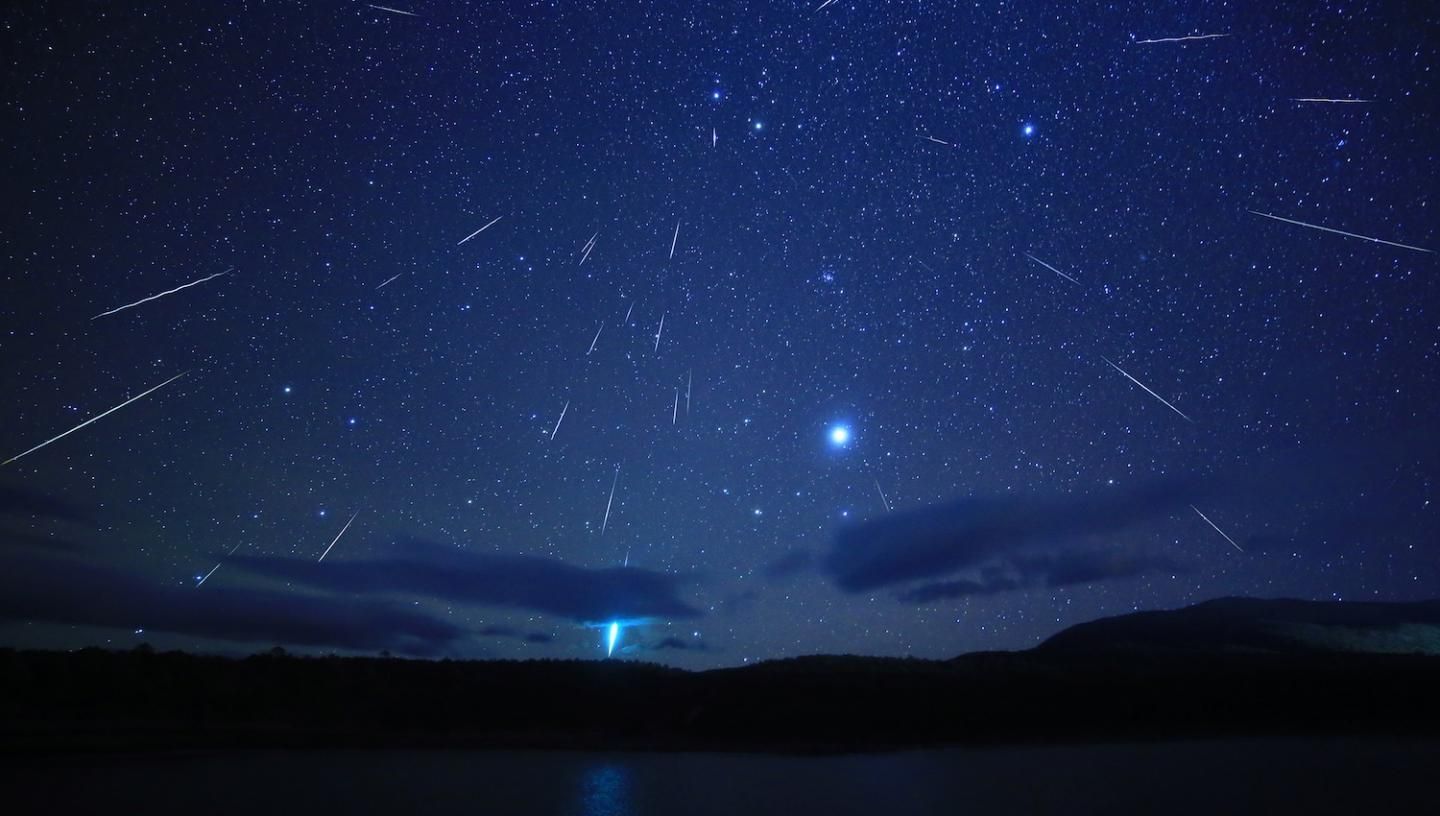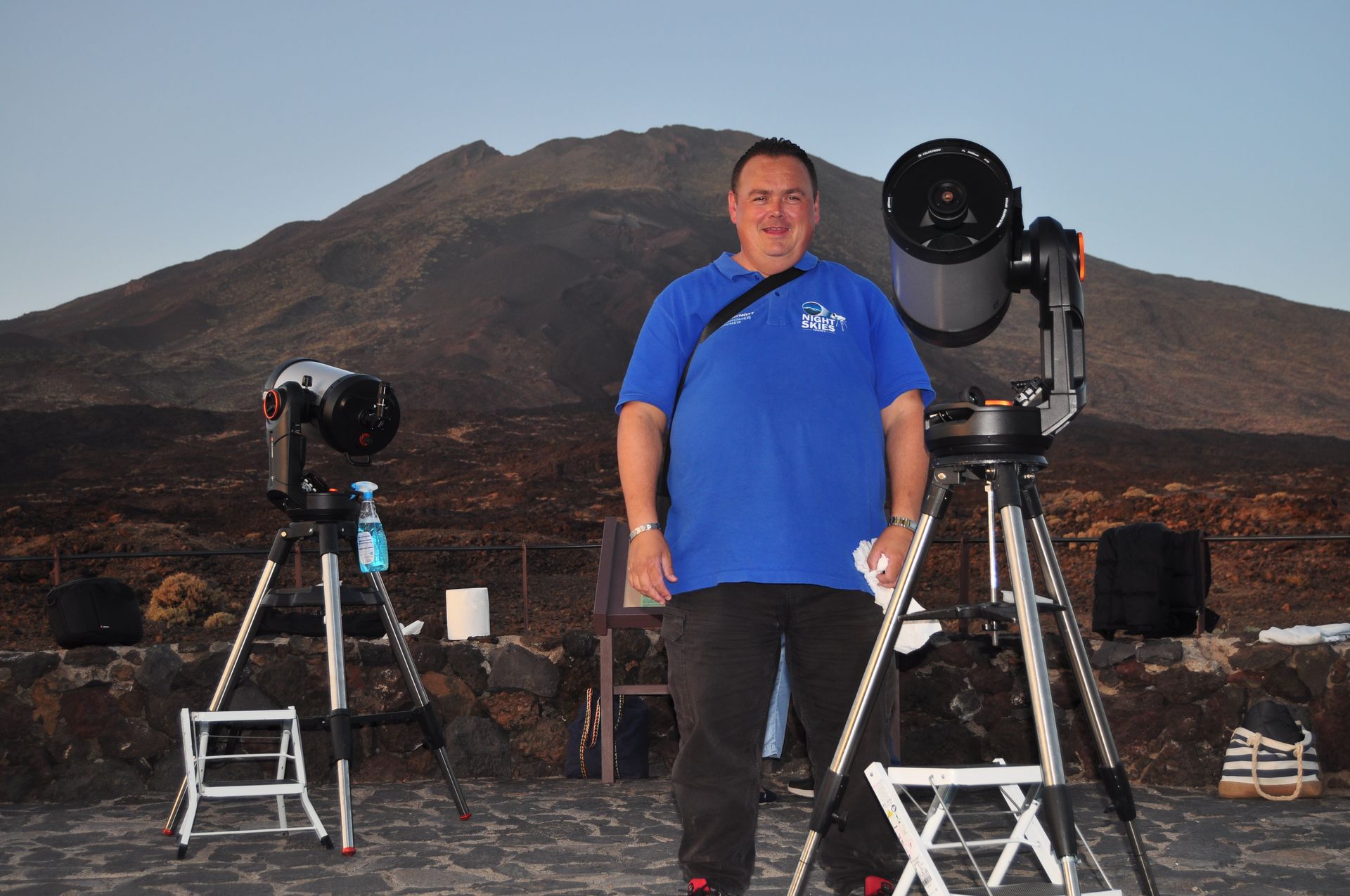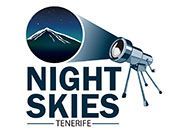April Skylights with Kieran Mynott
The incredibly beautiful, glittering Beehive Cluster, Jupiter, Sirius (The Dog Star), M81 (Bodes Galaxy) & M82 (Cigar Galaxy), Orion Nebula, the Signs of the Zodiac and shooting stars are all visible in the crystal clear April night skies of Tenerife.
Whether you're an experienced astronomer, a casual stargazer or just looking for things to do in Tenerife, you’ll not want to leave without experiencing a
Night Skies Tenerife Teide National Park Stargazing & Sunset Tour.
With The Eyes...
Signs of the Zodiac, shooting stars and Bodes Nebula are all visible with the naked eye in April. Our brightest constellations are in the winter as the stars are closer to us in our Orion Spur of the galaxy.
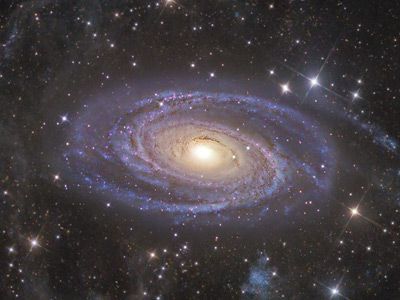
Through the scopes...
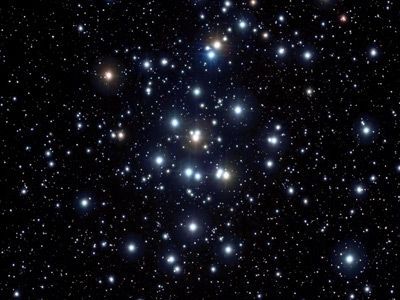
Beehive Cluster
The Beehive Cluster, also known as Messier 44 (M44) or Praesepe, is an open star cluster in the constellation Cancer. It's one of the nearest open clusters to Earth and one of the brightest in the night sky, making it ideal for wide-field astrophotography. Containing hundreds of star it makes for a beautiful, glittering image.
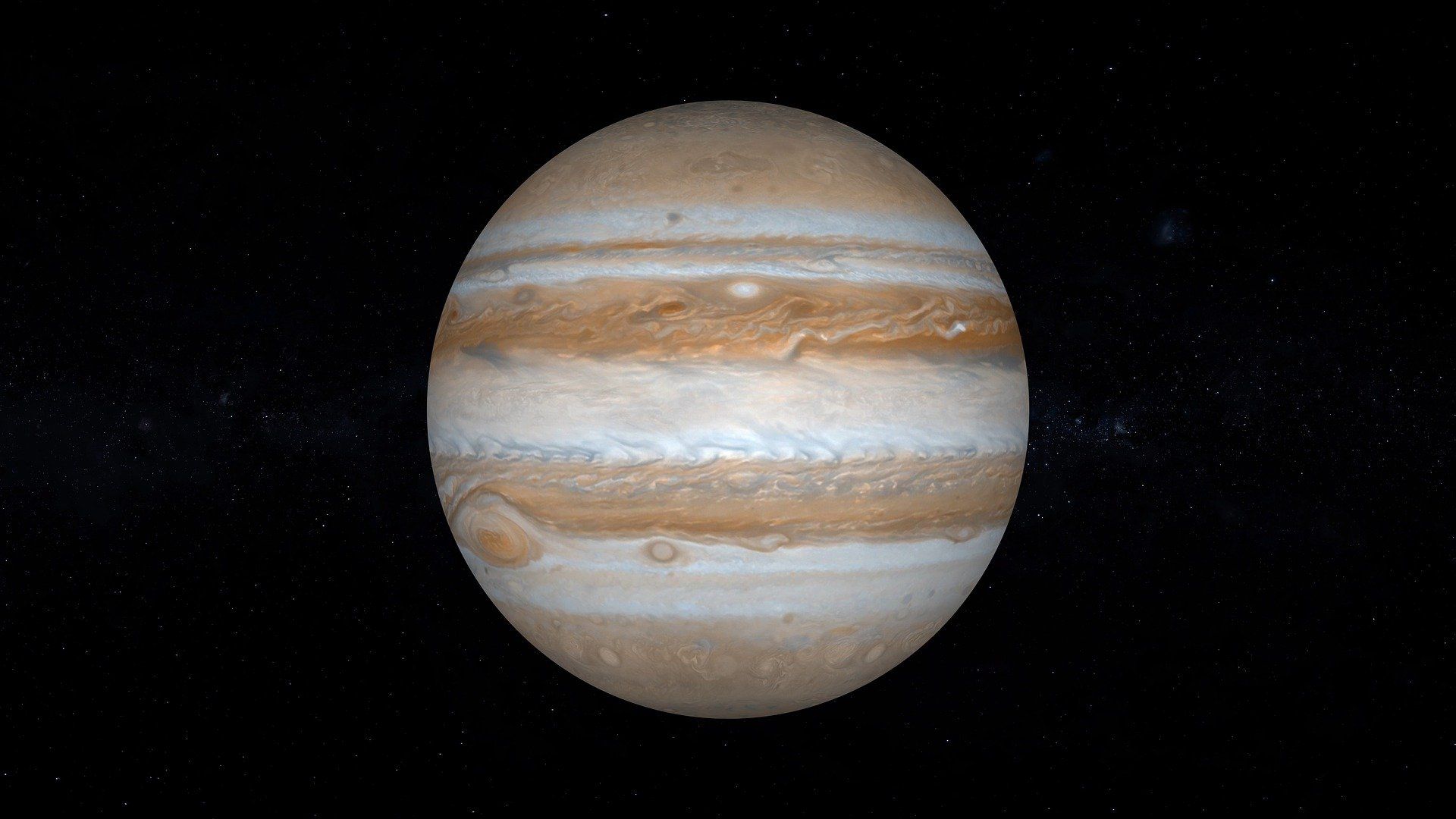
Jupiter
Jupiter is the largest planet in our galaxy, known for its prominent bands of clouds, massive storms like the Great Red Spot, and its many moons, including the largest ones called the Galilean moons: Io, Europa, Ganymede, and Callisto.
Observing Jupiter from Tenerife can provide exceptional views due to the island's clear skies and low light pollution.
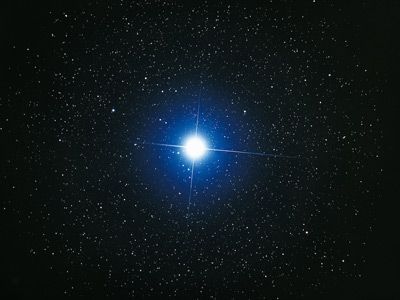
Sirius Star
Sirius, also known as the Dog Star, is the brightest star in the night sky and part of the constellation Canis Major (the Greater Dog).
Because Sirius is so bright, it often twinkles with flashes of blue, white, red, and green when near the horizon—this is due to Earth's atmosphere distorting the light. It is currently moving toward us and will appear slightly brighter over the next 60,000 years before it starts moving away again.
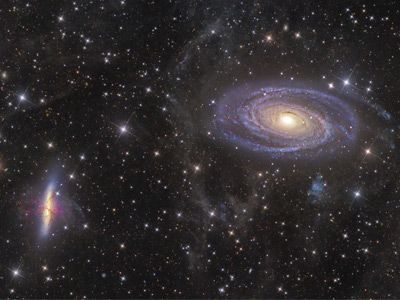
M81 & M82
M81 (Bode’s Galaxy) and M82 (Cigar Galaxy) are one of the most iconic galaxy duos in the night sky. They’re both located in Ursa Major, only about 38 arcminutes apart, making them a perfect pair to capture in a single frame. The two galaxies are gravitationally bound and will eventually join as one in our solar system
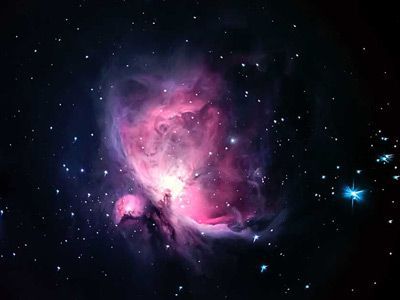
Orion Nebula
Orion is one of the most recognizable constellations in the night sky, located on the celestial equator. It features a distinctive pattern of stars, including the bright stars Betelgeuse (a red supergiant) and Rigel (a blue supergiant), as well as the famous "Orion's Belt," made up of three aligned stars.
Orion represents a hunter in Greek mythology and is visible in the winter months. It is home to the Orion Nebula, a region of active star formation. See stars being born!
The Moon Phases
New Moon
29th March - The moon will be completely dark and not visible from Earth.
First Quarter
5th April - The right half of the moon will be illuminated, providing good viewing conditions.
Full Moon
13th April - The entire face of the moon will be illuminated, making it bright and prominent in the night sky.
Last Quarter
21st April - The left half of the moon will be illuminated as it transitions back to a new moon.
